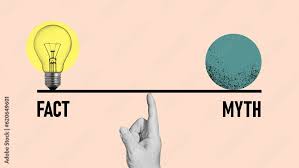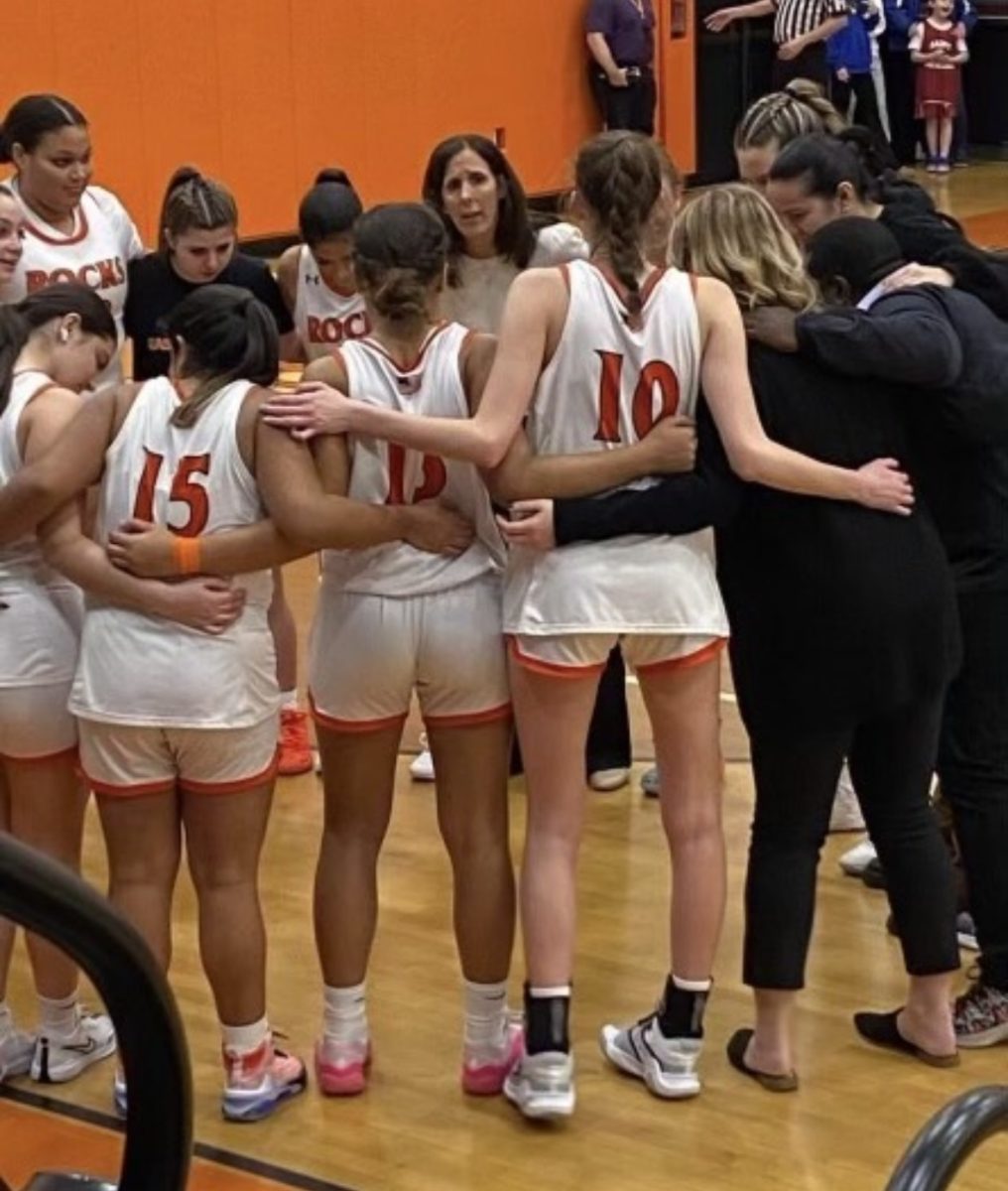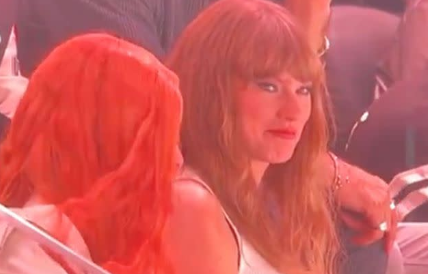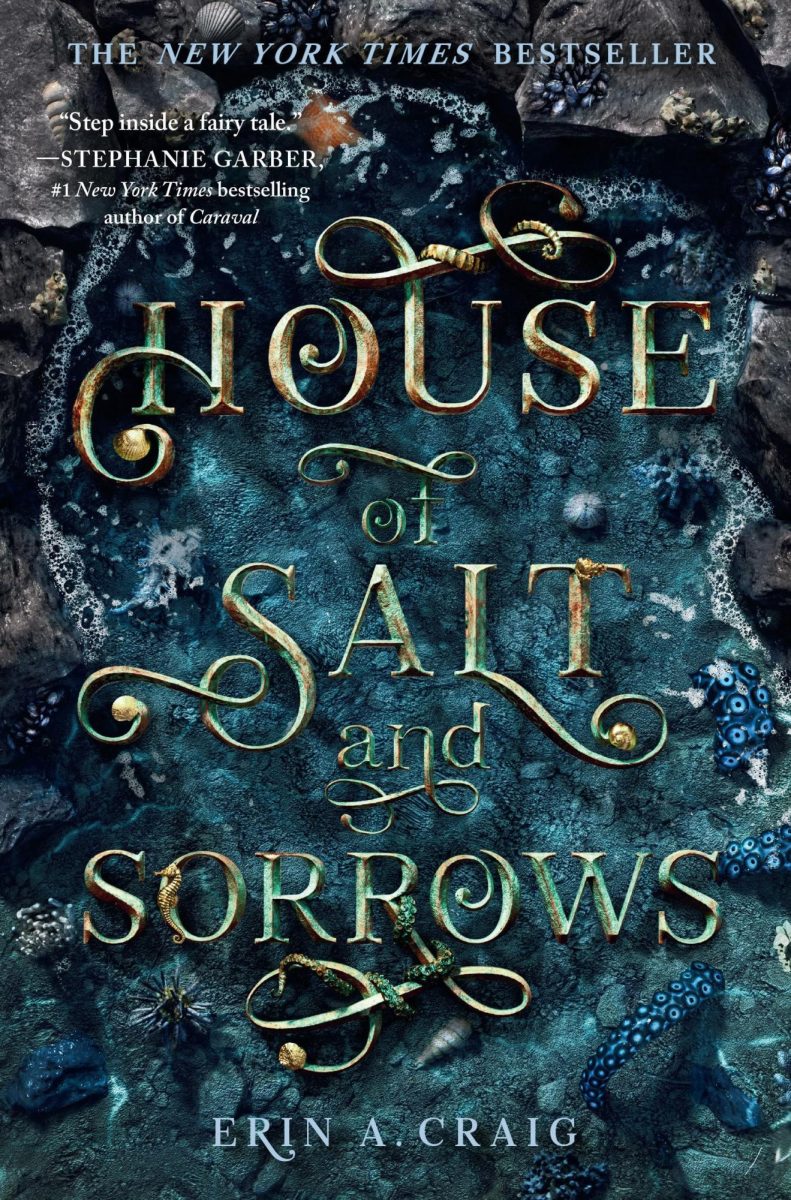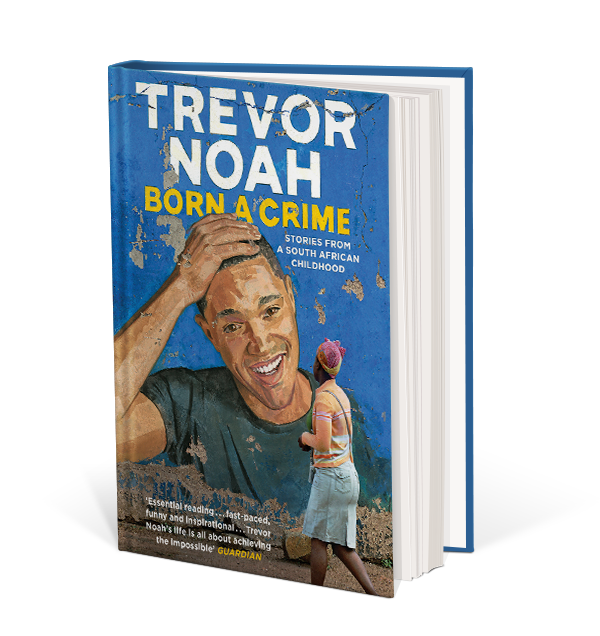Would you be willing to be marooned on an island for over a month? What about trapped in a house under constant surveillance for an entire summer? Maybe followed by a camera as you go through your daily routine? While the obvious answer to these questions for the vast majority of people may be an instantaneous no, these clear lines of what we are and aren’t willing to do quickly blur when there’s an opportunity to win money and fame in the process of our own suffering. This is why so many people put effort into constructing the perfect application to get themselves onto a reality show. These shows are basically just what they sound like, shows that follow actual people put into crazy situations all for a shot at some kind of prize. Shows like Survivor and Big Brother fall into this category of television and their instant success in the 2000s has inspired dozens of other networks to give reality TV a chance too. While shows like these are golden to television networks and entertaining to viewers around the world, putting people into these stressful, toxic, and even dangerous environments might not be the best idea for their wellbeing.
Reality television is no new concept, with the first ever reality show premiering way back in the 1940s, but it really became a big deal in the 2000s when the first ever season of CBS´ Survivor aired. This show has its contestants sent off to deserted islands with their teams, or tribes, where they will have to obtain their own food, shelter, heat, and any other basic necessities that they need to survive. The opposing tribes will then compete against one another in challenges and the losing team will have to vote out one of its members, with the ultimate goal of being the last one remaining at the end to receive the $1,000,000 prize.
Everyone who appears on Survivor applies to be on the show, but it can be difficult to understand the toll the harsh living conditions the contestants are put through every day, both physically and mentally, can have on a person when you’re just watching on TV. The participants are given a limited amount of necessities on top of the food that they have to hunt and scavenge for to ensure their safety, but many of them have stated that these items, such as their water supply, were contaminated and became increasingly disgusting as the season progressed. Without sufficient food and water, these people are more in need of a good night’s sleep than ever, but unable to obtain it due to the horrible and much too close together sleeping conditions on the island. In certain seasons, people claimed that this sleep deprivation was so severe that they feared their fellow tribe members would start hallucinating. After all of that, the players are then expected to compete in strenuous challenges that test both the mind and body. That isn’t even mentioning the pressure on them to win those challenges, as a loss could mean $1,000,000 slipping right through their fingers.
All of these things and more can lead to long lasting impacts on the wellness of Survivor contestants, but this isn’t only because of their rough island lifestyle. Shows like Big Brother can be just as harmful without having anyone live on a deserted island. This show is somewhat similar to Survivor, with players working to vote each other off and remain in the game to receive a monetary prize at the end, but takes place in a house rather than on an island. It is also structured much differently, with houseguests working through the drama of being locked in a house together for an entire summer, while also competing in challenges to become the head of household. This person has the highest position of power, the ability to choose the 2 nominees that are the only ones that can be voted for to be evicted from the house that week, allowing safety for themselves and their allies as well as the ability to get one of their enemies out of the game so long as that person doesn’t win the power of veto and remove themselves from the chopping block.
I think it’s safe to say that being indoors rather than left to the elements makes Big Brother less intense than Survivor, yet the game still presents a number of unhealthy scenarios where contestants are left to suffer in front of the whole world. You might think that living in a house would allow these people to have the proper food supply that Survivor players lack, but this actually isn’t the case. These players are forced to compete for the right to eat proper food at the beginning of each week. If they should happen to lose this challenge, they are forced to live off of the infamous mystery substance known as slop for that week. This unique meal is basically just made of a bunch of flavorless junk and clearly has little to no nutritional value. While for some participants that are more prone to winning competitions this isn’t a huge issue, others are left for huge stretches of time without any real food. On top of that, their ability to to spend time outside is also limited.
Many of the contests that take place on the show, particularly in more recent seasons, require the building of elaborate structures that the players aren’t allowed to see until they go out to the backyard and compete. The yard is already the only place that they are really allowed to go that isn’t within the walls of the house and restricting their already small amount of space is completely unethical.
While these shows and others like them clearly cross quite a few lines, there is some reassurance in the fact that the participants are all willing adults who chose this lifestyle for themselves. However, things took an even darker turn in the world of reality television when show producers began getting children involved. Shows like Toddlers and Tiaras and Dance Moms are huge successes in reality TV where the main goal is basically just seeing how much of a kid’s trauma the network can catch on video. Both of these shows put these young children into really competitive situations where their whole world revolves around winning. Whether it’s beauty pageants or dance competitions, these kids face brutal consequences from the adults in their lives that are supposed to be supporting and protecting them when they fail to perform up to standards. This mindset that is being embedded into their heads at such an impressionable age can cause issues for these kids that will last them the rest of their lives. That’s not even mentioning the extensive hours that they were expected to work when these shows first began and there weren’t child labor laws in place for children in these specific scenarios. Working these hours was not only exhausting for the kids, but also left them without sufficient time for their schooling which caused them to fall behind on their education. All to make a television show where they have to listen to arguing adults and get yelled at all day where the only prize is any fame that they can get from being on the show, rather than any tangible reward like many prior reality shows.
So many other subgenres exist in reality TV including dating shows like The Bachelor, family shows like Keeping up with the Kardashians, and competition shows like America’s Got Talent. Despite the vast web of shows included in this category of television, I have certainly yet to see a big reality show that doesn’t inflict any toxicity or risks upon its participants. While some shows are more dangerous than others, living your real life in front of a camera is harmful no matter the context, especially at a young age. These shows may be entertaining, but sometimes you have to wonder what exactly it is that you’re really watching.


